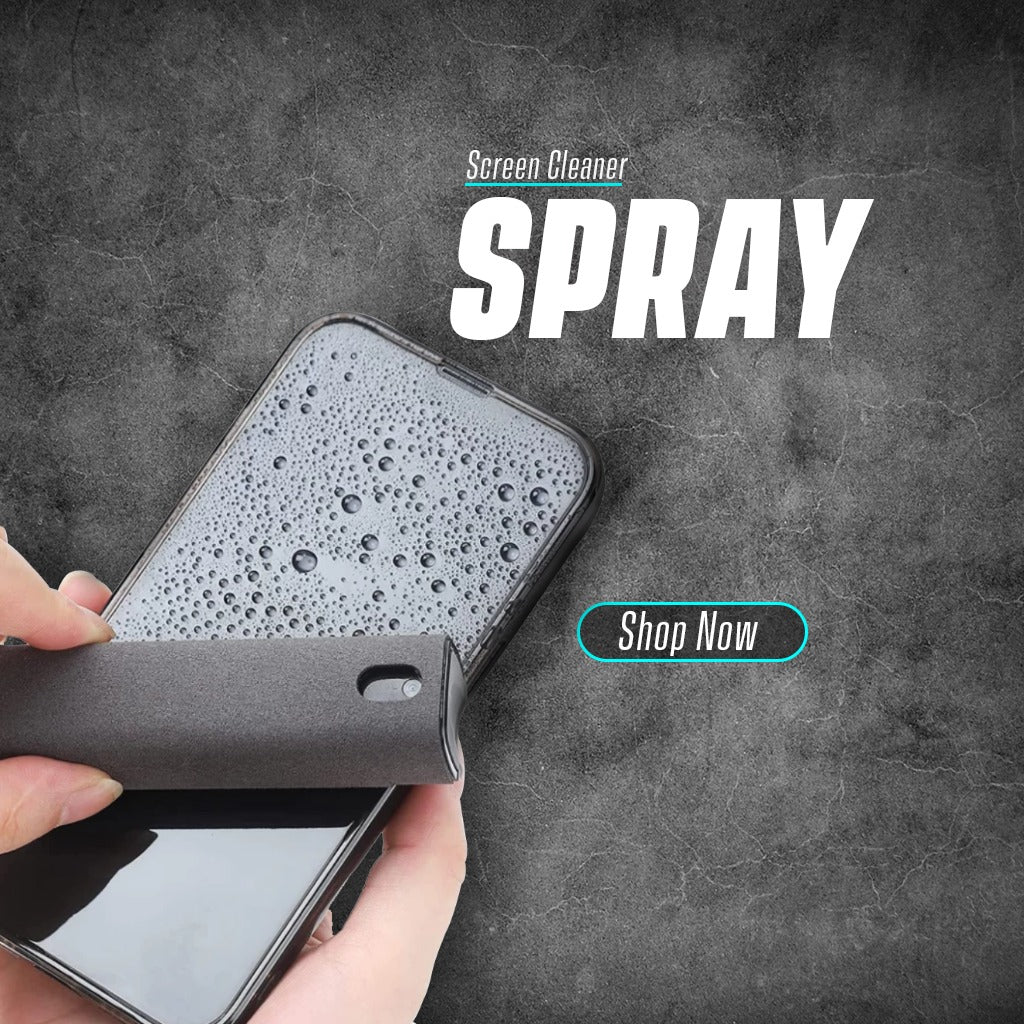PRODUCT DETAILS
Pet oral problems, Solved here!
It can kill 98.99% of oral bacteria. Works at enzyme level, quickly eliminates bad breath, removes plaque and tartar, heals gum inflammation and periodontitis. 100% natural safe ingredients, swallowable. And Vohc certified.Rest assured it contains no toxic grain alcohol or pesticides, but has a taste pets love.
All pets can use this spray, including dogs and cats, puppies and older dogs alike, with no age restrictions.

“I have tried a million different ways to brush my dogs teeth, especially since the vet cleaning is super expensive, and she refuses to let me do it no matter what I've tried. She clenches her jaw so tight. Accumulated tartar over the years looks very disgusting. And he has a serious bad breath. Since I used Teeth Cleaning Spray, he wouldn't refuse at all because he likes the taste. After a few days of use, the tartar is completely removed, the teeth look much cleaner. And the breath is fresh. Really recommend this product”

"I started to notice some discomfort in my dog mouth His gums are red, appearing to have inflammation. And there is buildup of tartar on his teeth. I suspect it's the buildup of tartar causing gum inflammation.My friend recommended this spray to me. After a few use, it really remove tartar buildup and address the inflammation in his gums.After the treatment was complete.His mouth was no longer painful and his breath was fresher.Good dental health is so important for pets and I'm happy that my dog was able to get the help he needed to maintain it"

If your dog has unbearable bad breath, then the dog may be suffering from oral inflammation, gingivitis, periodontitis or gastrointestinal disease. In a way, whether a dog has bad breath can also be seen as a weather vane for the dog's oral health. Once a dog has bad breath, it is a reminder for the owner to pay more attention to the dog's mouth.


Plaque, the source of many oral problems, is a bacterial biofilm that forms on the surface of the teeth. Usually plaque has formed 3-5 hours after eating, and when it reaches a certain level, there is a yellow deposit on the surface of the teeth.
If the plaque is not treated, more food debris will combine with the plaque and deposit on the teeth, then tartar will be formed. At this point the gum line begins to swell and become inflamed, and bad breath begins to form.

Enzymes: The role of enzymes in cleaning teeth is to help break down the dirt and food remnants on the surface of the teeth. They can help improve breath, reduce the risk of bacterial erosion and cavities in the teeth, and contribute to maintaining good dental health.
Galla japonica: it can inhibit the residual anaerobic bacteria in the root canal, significantly inhibit enterococcus faecalis and its adhesion ability, inhibit the activity of early Candida albicans biofilm, and can also block the dentin tubules and reduce the possibility of infection invading the root canal. It can treat caries very well and help teeth recover.
Triphala: With antibacterial, anti-inflammatory, and free radical scavenging properties, it can kill streptococcus mutans and inhibit the formation of streptococcus mutans biofilm, so it can effectively remove tooth plaque and effectively protect gingival tissue cells from damage by free radicals.
German chamomile: it works excellently for sensitive skin because it can calm broken capillaries for its anti-inflammatory and anti-allergic properties. So it’s great for relieving bleeding gums and tooth sensitivity.
Propolis: helps the teeth to resist oxidation, resist the erosion of bacteria and fungi, and the bioactive flavonoids it contains can stimulate the formation of reparative dentin and relieve pulp inflammation. It could effectively stimulate tooth regeneration.
Menthol: helps to relieve pain, prevent the growth of bacteria, inhibit inflammation, relax muscles, and can relieve tooth pain and tooth sensitivity very well.











